By: Eric Nelson Posted on Wed, 10-02-2016

In any common law jurisdictions, a court document is similar to a trial court where an authorized clerk makes a record of the entire proceedings pertaining to the trial. This written record, along with all the other evidence is maintained till the end of the trial. A lot of courts have specific set of rules that everyone need to follow for example, they require that most of the parties be represented by the counsel. On the other hand, in those courts where records are not maintained, verbal proceedings are not recorded and the judge finalizes his/her decision based on only the notes or memory. In such proceedings, both the parties are allowed to personally appear without the help of lawyers.
In the Middle-East, one of the fundamental principles incorporated in the constitution issues Sharia, as the main source for legislation. Here, the federal government is assigned the task of implementing the laws on behalf of the concerns and principle aspects of the federation. In the absence of a specific law, several courts are obliged to adopt the general principles of their religion. In doing this, the judge is not bound to decide on the decisions made by the other judges previously in the trial. He is liable to make his own decisions. Take advantage of the Arabic Court Documentation Translation Services, in case you want more information regarding the court proceedings in the Middle-East.
There have been numerous books that have been published based on this subject. Do make use of the Documents Translation Services, if you don’t speak or understand the Arabic language. In any court of law, the most important point is that each party has its own representative attorney. But here in the criminal cases, the attorney representing the state or municipal government accuses the person who has committed the crime. There are several procedures during this type of trial.
At first, the person who has committed the crime is arrested by a police officer with the evidence of the crime committed occasionally seen by someone and has a warrant for his arrest. After the person is arrested, he must be brought before the judge within 24 hours otherwise he has the right to be released.
In the initial appearance, only the judge is able to determine the defendant’s basic information such as his name and address, inform him/her of the charges that have been imposed and also to remain silent and apply for an attorney for himself. If the defendant is not able to afford an attorney, the judge does that for him and also regulates the condition for him to be released. Various people, living in the Middle-East, who cannot read or understand the Arabic language; can take help from the Arabic Court Documentation Translation Services.
When this is held, the judge looks at the evidence and hears the testimony of the witnesses that the prosecuting attorney has called upon. Only the judge can decide not only if there is enough evidence against the defendant but also if he/she is held for trial. Only then, the arraignment date is set. Arabic, being a difficult language, several people are not able to understand it. What they can do is, hire the best Arabic Translation Services that can translate all the information in their required language thus, making it easier for them.
At the arraignment date, it is up to the defendant to plea guilty, not guilty or just be silent. If the defendant declares not guilty, the judge will then set a trial date. But if he declares guilty or remains silent, the judge will set a date to sentence the defendant for the crime that he has committed.
These are the different procedures that are followed during the criminal cases held in the court of law. In case you have more questions on how the case moves through the court system, avail the opportunity to hire the Arabic Court Documentation Translation Services.
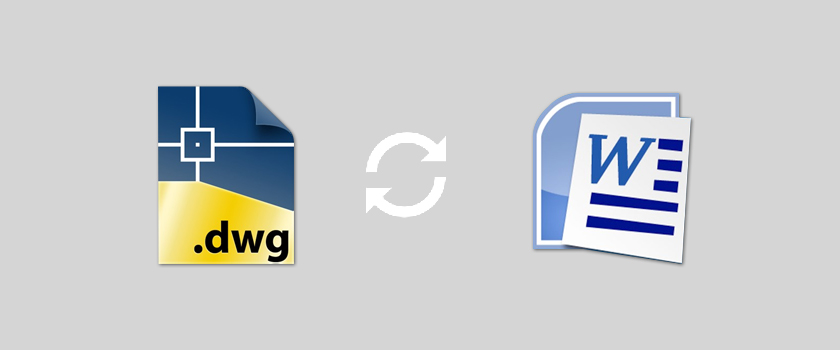
dwg: It means a drawing file save format created by AutoCAD, and now has been the standard format of 2D
Read More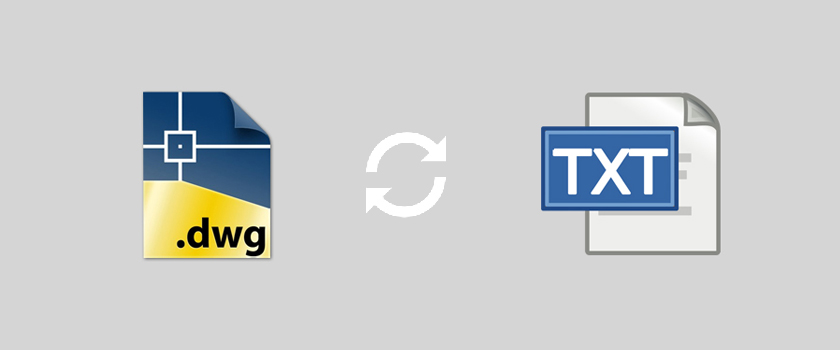
dwg: It means a drawing file save format created by AutoCAD, and now has been the standard format of 2D
Read More
Mars Translation can help you extract the texts in a DWG file and convert them into a Word file so
Read More
dwg: It means a drawing file save format created by AutoCAD, and now has been the standard format of 2D
Read More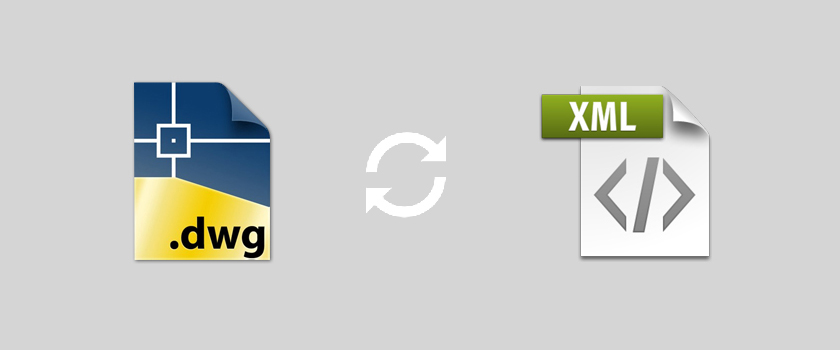
dwg: It means a drawing file save format created by AutoCAD, and now has been the standard format of 2D
Read More
MarsTranslation can help you extract the texts in a DWG file and convert them into a XML file so that
Read More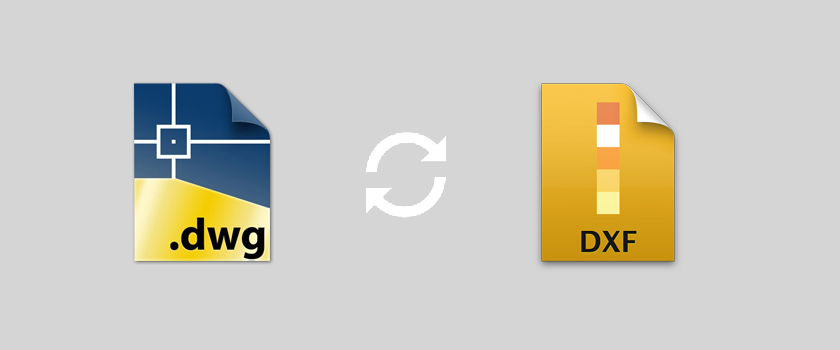
If you are a designer you are bound to find yourself in situations when you have to convert your DWG
Read More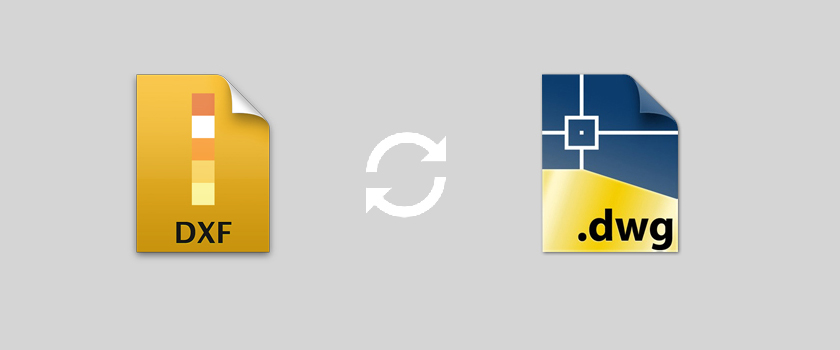
dwg: It means a drawing file save format created by AutoCAD, and now has been the standard format of 2D
Read More
MarsTranslation can help you extract the texts in a DWG file and convert them into a Word file so that
Read More


Document Translation
Professional document translation by native expertsApp Localization
Get more downloads by adapting your app for different target marketsVideo Translation
Multilingual translation and subtitling servicesWebsite Localization
Adapt your website into multiple contexts for global reachSoftware Localization
Adapt your software for global usersGame Localization
Reach new players with localized gameplayMTPE
Refine AI translations for natural fluencyBusiness Translation
Professional translation for business documents and websitesDTP & File Conversion
Professional DTP and File conversion, supporting multiple file formatsProofreading
Perfect your content with expert review© Copyright 2026 MarsTranslation